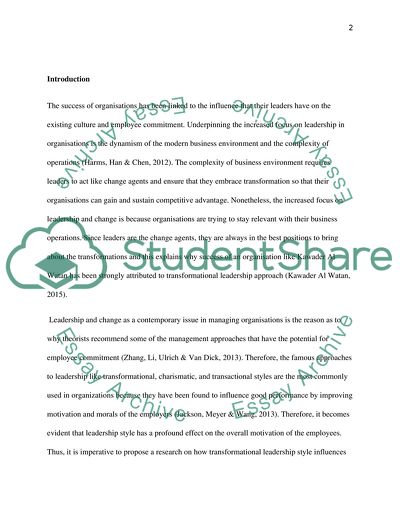Cite this document
(How Transformational Leadership Influence Change Initiation and Research Proposal, n.d.)
How Transformational Leadership Influence Change Initiation and Research Proposal. Retrieved from https://studentshare.org/sociology/1872345-writer-to-choose
How Transformational Leadership Influence Change Initiation and Research Proposal. Retrieved from https://studentshare.org/sociology/1872345-writer-to-choose
(How Transformational Leadership Influence Change Initiation and Research Proposal)
How Transformational Leadership Influence Change Initiation and Research Proposal. https://studentshare.org/sociology/1872345-writer-to-choose.
How Transformational Leadership Influence Change Initiation and Research Proposal. https://studentshare.org/sociology/1872345-writer-to-choose.
“How Transformational Leadership Influence Change Initiation and Research Proposal”, n.d. https://studentshare.org/sociology/1872345-writer-to-choose.


